Underwater photography is a truly powerful tool. It has the ability to captivate audiences by offering a glimpse into a world and moments in time that not everyone is lucky enough to see for themselves. Not to mention that it’s a fun, never-ending hobby which also provides an ideal way to capture the moments you never want to forget.
Given underwater photography’s impressive potential, it only makes sense that recreational divers, conservationists and general photography enthusiasts are interested in taking photos and videos when they journey beneath the water’s surface. So where should you start? PADI’s Digital Underwater Photographer Speciality course is the answer.
Here are some of the top reasons Digital Underwater Photographer should be your next specialty course.
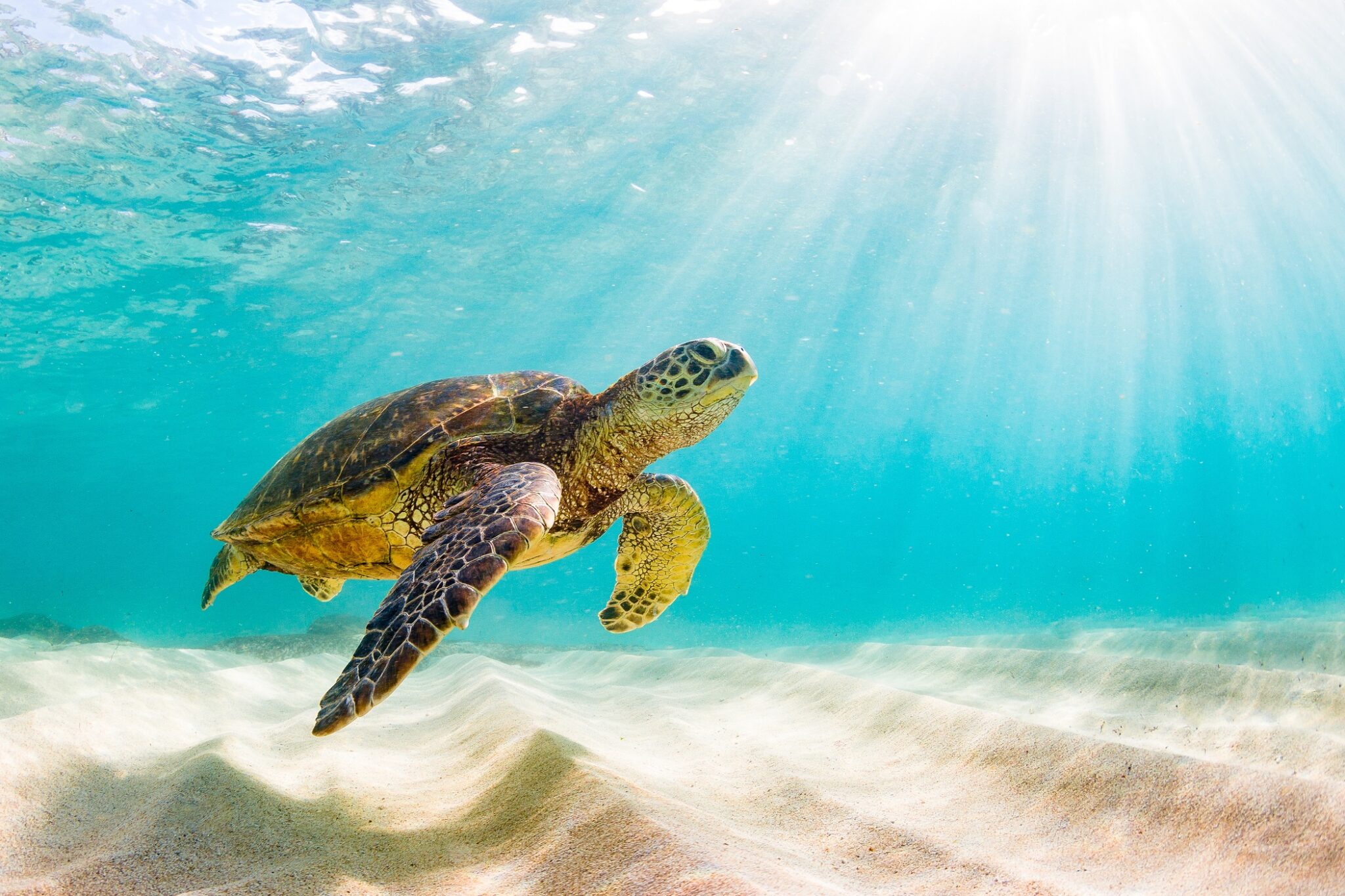
Whether you’re looking to capture memories, want the best social media content or aspire to help save the ocean by raising interest and awareness, the Digital Underwater Photographer Specialty course can help you level up the photos and videos you capture. This comprehensive course has been designed to cover every aspect of taking outstanding images and videos underwater.
Furthermore, producing noteworthy underwater content is also a great first step if you have dreams of becoming a part of the PADI Ambassadiver program.
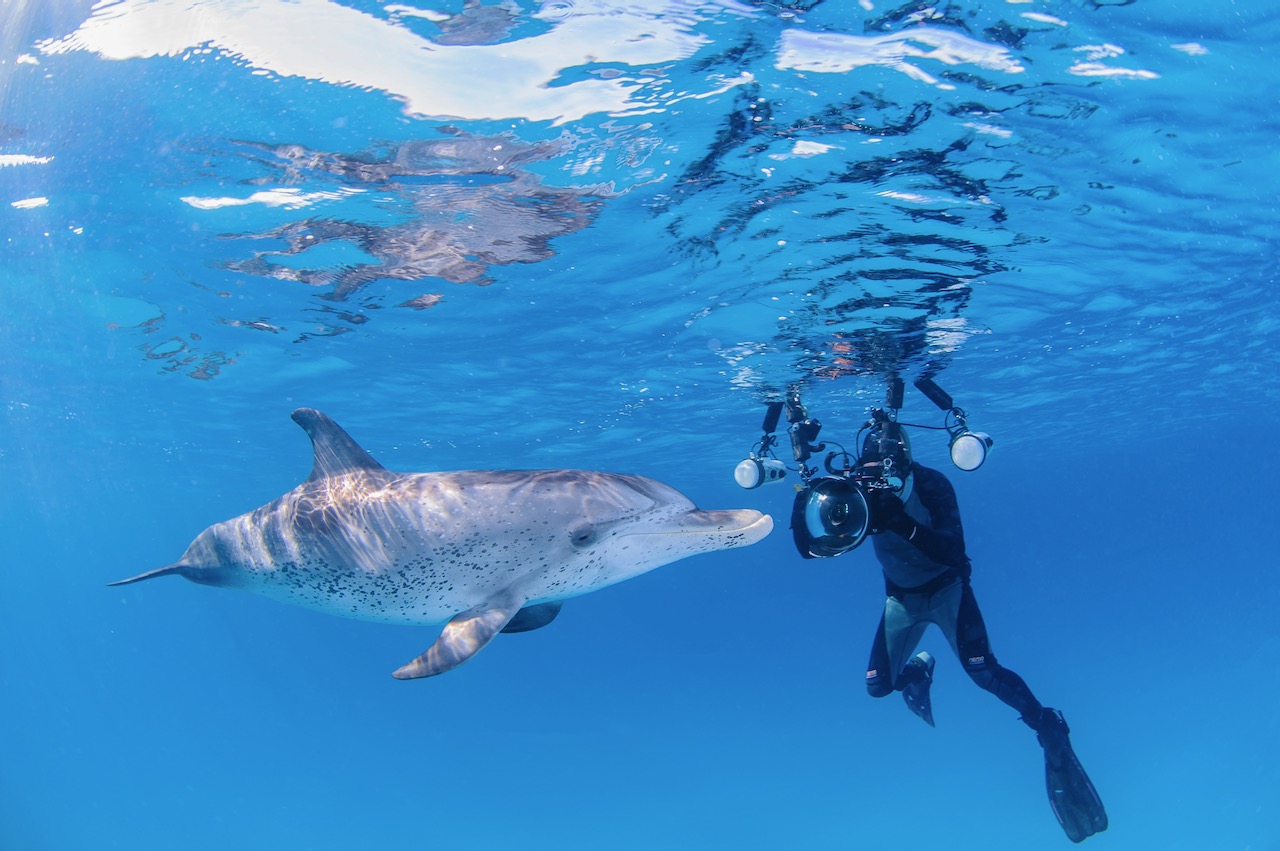
If you’re serious about producing the best possible images as soon as possible, the Digital Underwater Photographer Speciality is a must. The course cuts out hours of trial-and-error learning.
This wide-ranging course provides you with an arsenal of professional-level tips, tricks and techniques for successfully capturing marine life through online learning and two instructor-led dives. Examples of topics covered in the course include reducing backscatter, using underwater strobes and choosing the right equipment.
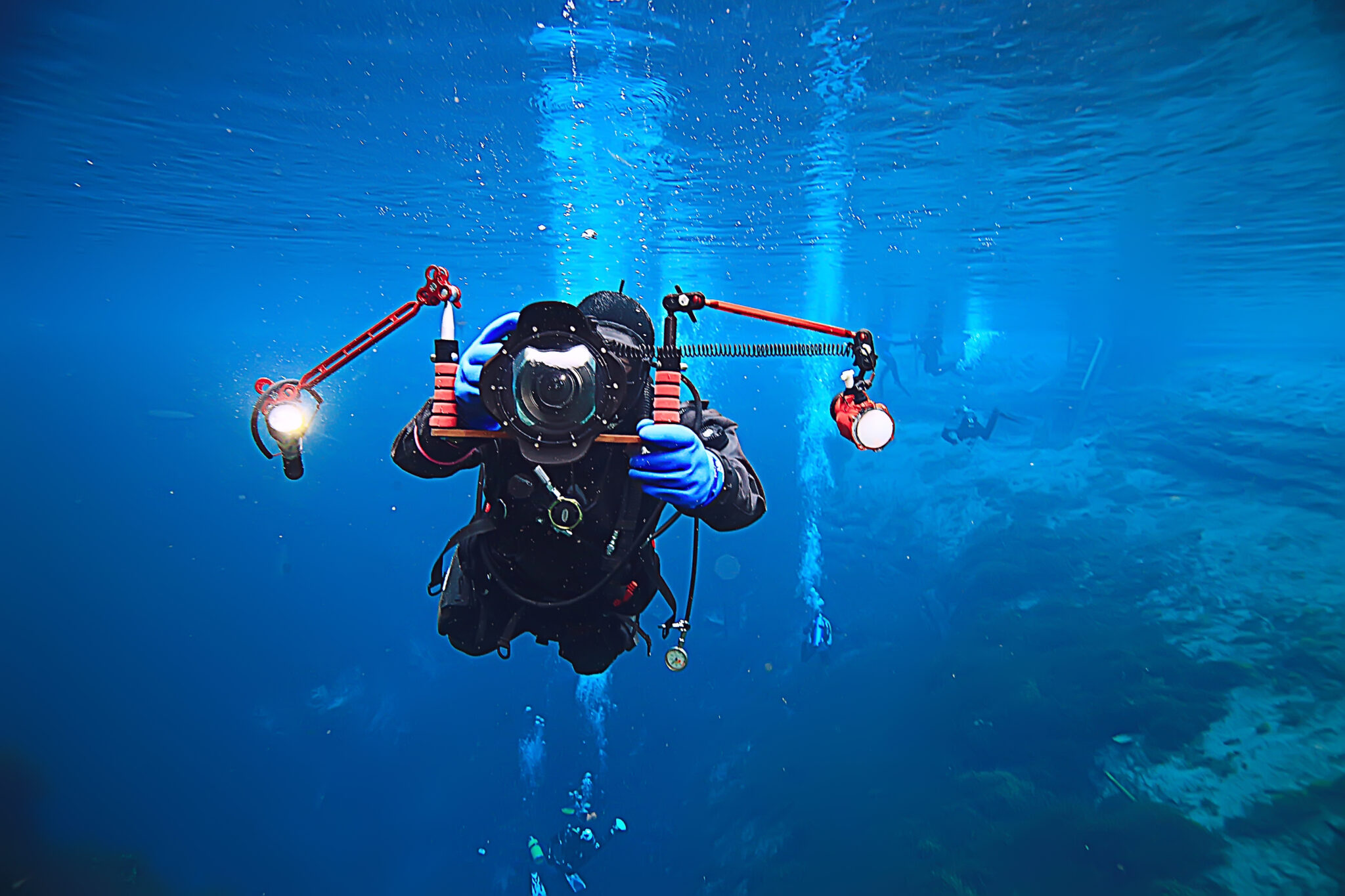
Yes, most action cameras and point-and-shoot underwater cameras are built to be intuitive and user friendly. However, this doesn’t necessarily equate to getting everything possible out of your gear. In the Digital Underwater Photographer Specialty, you’ll grow the confidence to turn off the “Auto” settings and take control of each of the elements that make up an image. Plus, while maximizing what your current gear can do, the course may introduce you to additions that may benefit your current setup, such as a strobe light or rig.
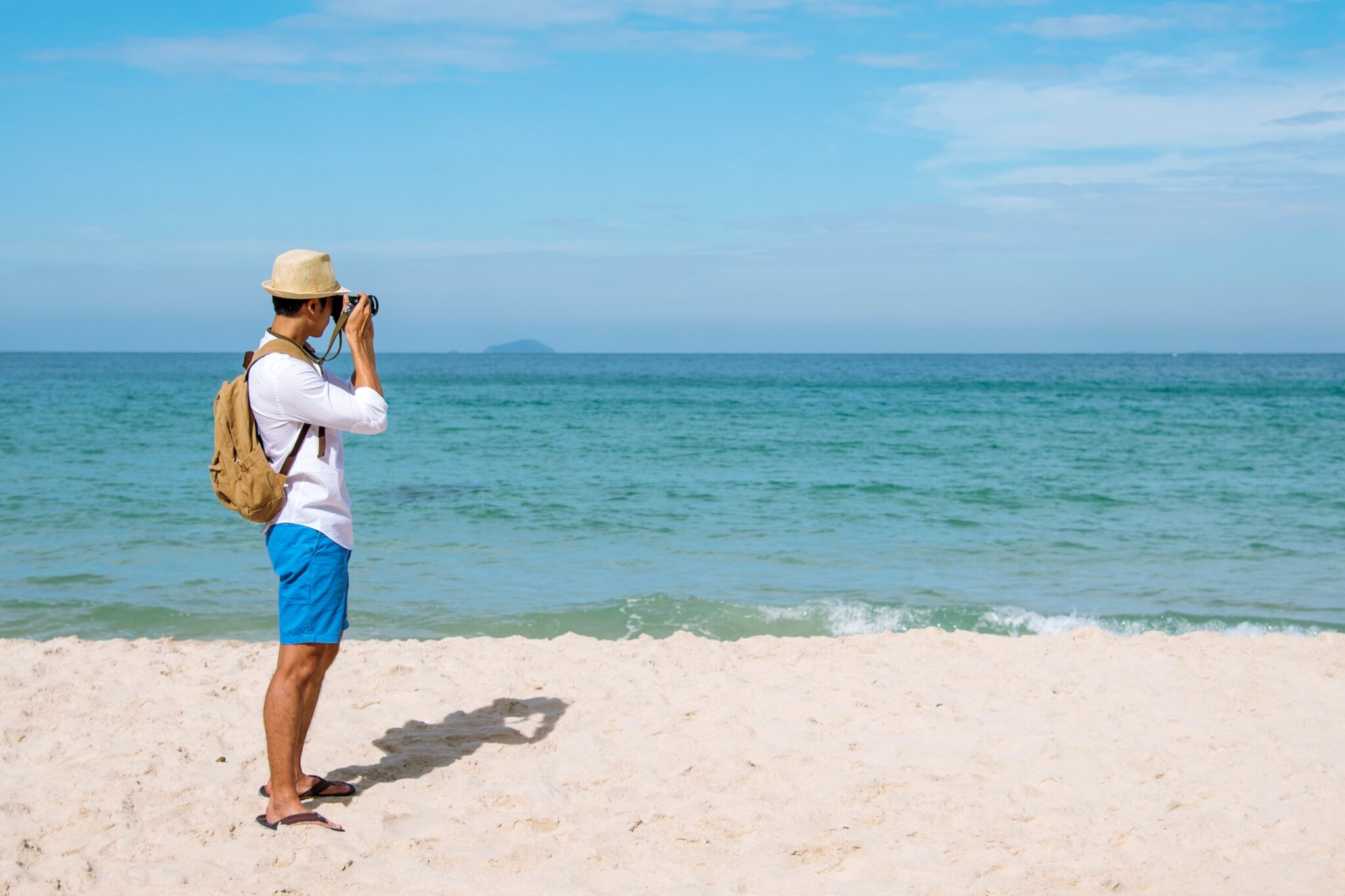
Refining and perfecting your underwater photography skills is also a great way to improve your topside photography. Working in the ocean’s fluid, light-limited environment requires a good understanding of photographic elements, such as lighting techniques and shutter speed. Fleeting marine life and ever-changing conditions also hone your ability to compose and take a shot in seconds. Take these back on land, and you may find your topside photography benefits from your newly acquired skills.
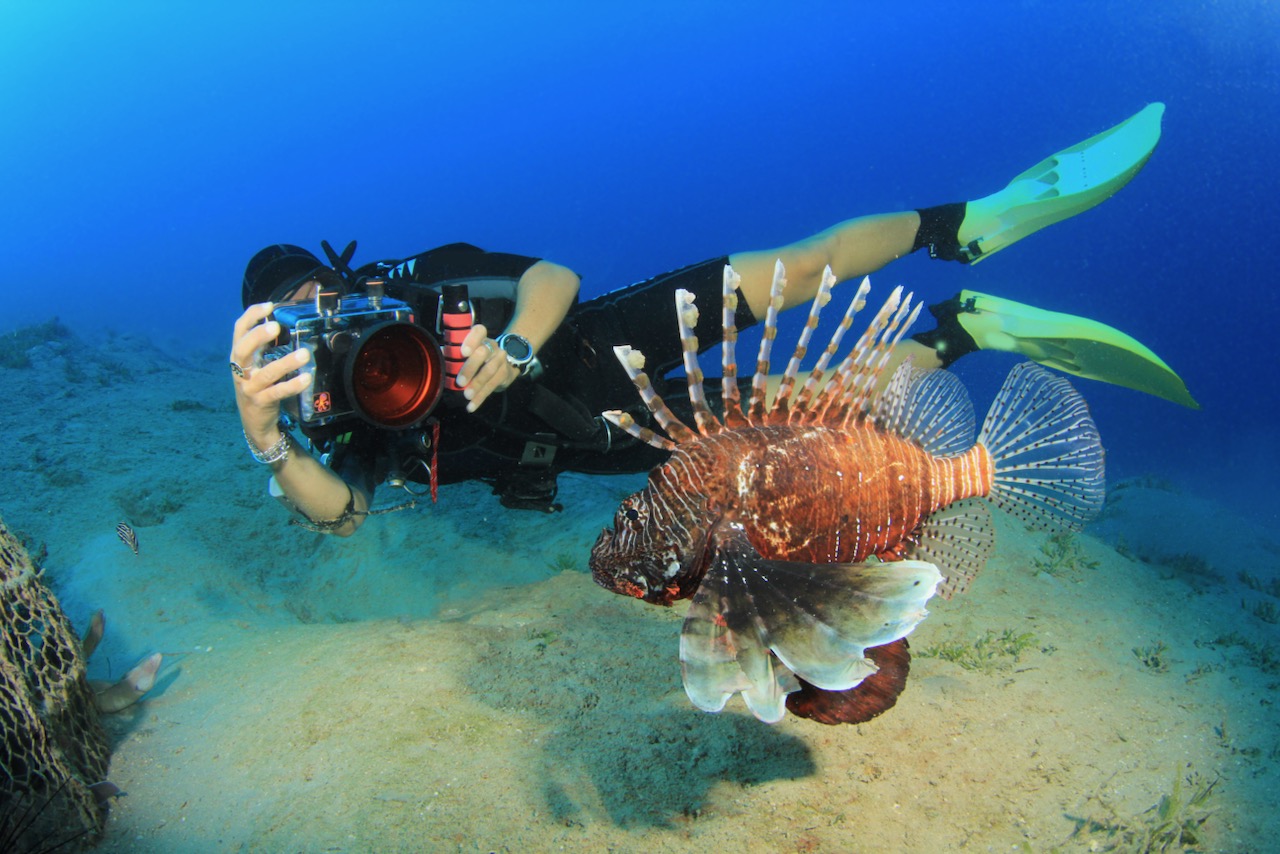
By the end of the Digital Underwater Photographer specialty course, you’ll undoubtedly be a better underwater photographer. What a lot of people don’t realize is that within the learning process, you will also pick up other skills that will make you a better diver, too. These include:
Buoyancy Control – Finding the patience and control to shoot high-quality content requires good buoyancy control whether you intend it or not. If this is something you want to focus on, consider the Peak Performance Buoyancy Specialty course. Fish ID – When it comes to sharing your work, it’s a good idea to tell people what they’re looking at. This may involve having to scour the internet to find the correct ID for that fish you had never seen before. If this is something you enjoy, why not take it even further with the PADI Fish Identification Specialty course.If you’re ready to improve your underwater photography skills, it’s time to sign up for the Digital Underwater Photographer Specialty course. You can get started right now by purchasing the eLearning online before contacting your local dive shop to arrange the Instructor-led dives.
Share This
